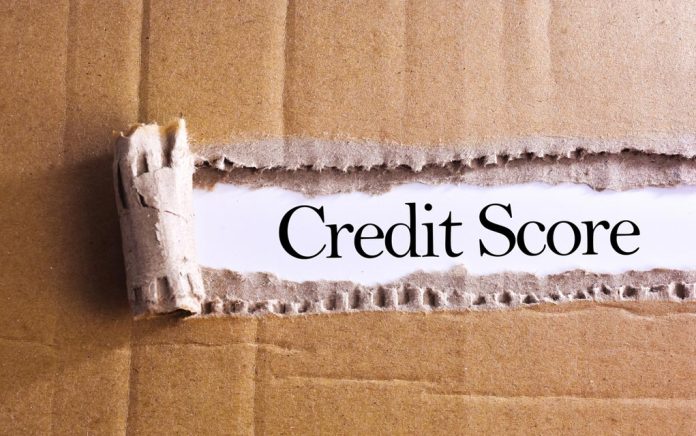
(FinancialHealth.net)-
Smart Quiz: Assuming Timely Payments, What Impacts Your Credit Score the Most?
- New Credit
- Credit Utilization Frequency
- Credit History
- Credit Utilization Ratio
Answer: Credit Utilization Ratio
Your credit score is important, whether you need or want credit or not. It isn’t just used to assess financial credibility anymore, but responsibility in general. From potential employers to insurance companies and banks, a credit score gives the powers that be a chance to assess any individual at a glance. And no matter how many years payments are made on time or new credit applications are avoided, it can all go downhill based on the credit utilization ratio.
How Banks Determine Your Credit Utilization Ratio
A credit utilization ratio is determined by comparing the amount of credit available to the amount being used. For example, if you have a credit card with a limit of $10,000 and you have maxed the card out, you have a 100 percent credit utilization ratio and your credit score will likely go down.
If you have a $10,000 credit limit and only owe $1,000, you have a 10 percent credit utilization ratio and that, combined with timely payments, will help raise your score. The higher your overall debt to credit ratio, the lower your credit score. Keep in mind that this only pertains to your revolving credit accounts, such as credit cards, not to other credit accounts such as a mortgage.
How to Avoid a High Credit Utilization Ratio
Having a high credit limit doesn’t mean you can or should utilize it all at once. There are some things you can do to keep the ratio low:
- Avoid making only minimum payments on your account, especially if you are close to or have already maxed out your credit limit. Pay as much as possible toward the actual debt each month.
- Try to pay your existing balances without opening any new credit accounts.
- Put the bulk of your payments toward high-interest accounts, so they have more of an impact. Paying down the original debt reduces the amount of interest that can accumulate on the account.
- If you’ve been making timely payments, you may be able to ask your creditor to give you a higher credit limit. The key is to not touch those available funds but to leave them open so that your credit utilization ratio automatically appears lower.
- Avoid using more than 50 percent of your available credit.
Keeping careful track of what you borrow and how quickly you pay your creditors back is what responsible spending is all about. Take a close look at your open accounts to see where your money can have the most impact. The better your credit utilization ratio, the better your credit rating – and your buying power!
~Here’s To Your Financial Health!
Copyright 2021, FinancialHealth.net


















